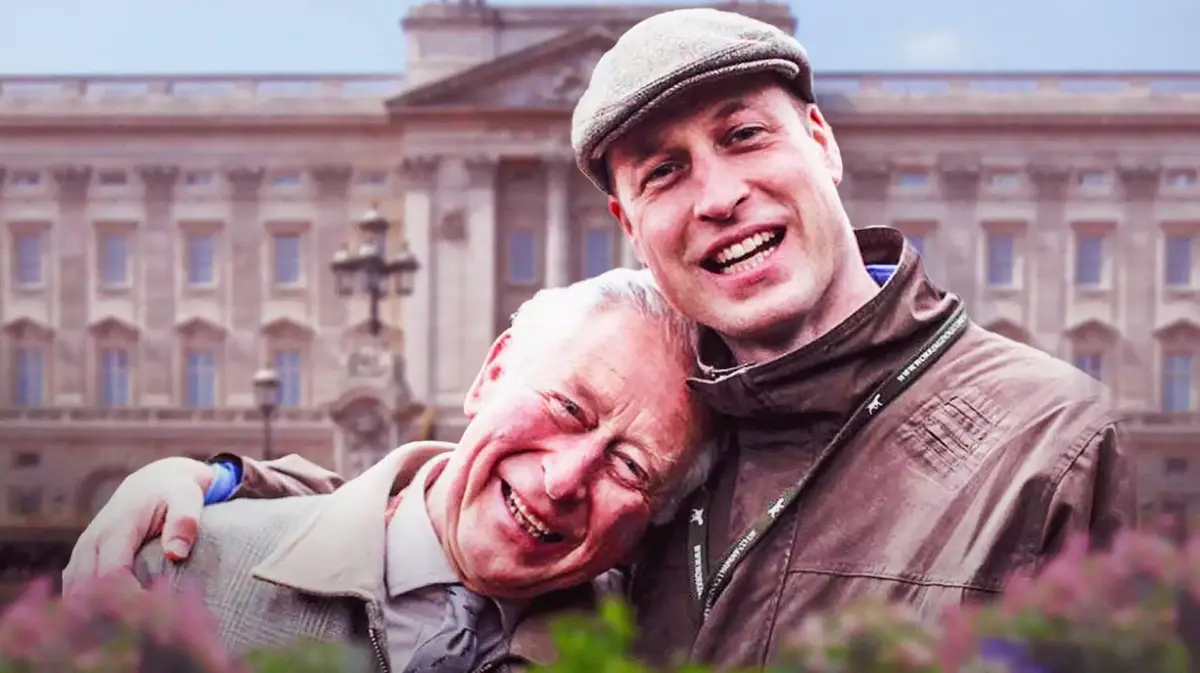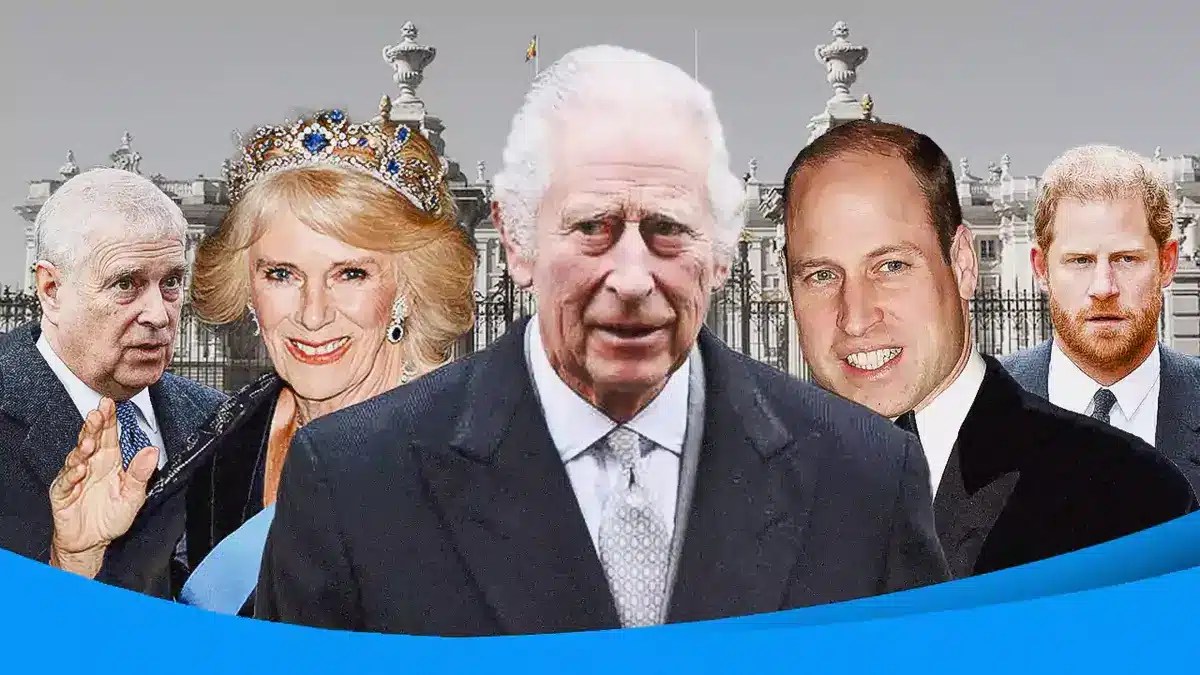After Buckingham Palace announced King Charles had been diagnosed with cancer and is currently undergoing treatment, there have been questions about who fill in for him if and when he becomes too sick to work, Yahoo News UK reported.
The Palace has not disclosed what type of cancer the 75-year-old monarch has. Charles was reported to visit the London Clinic private hospital due to an enlarged prostate. Palace communications stated that he does not have prostate cancer, and a spokesperson clarified and said that a “separate issue of concern was noted.” Following that, follow-up tests “identified a form of cancer.”
This means that the British king will be able to continue to perform some of his private duties as he receives treatment, such as official state business and papers carried in the monarch's red boxes. However, he will take a step back from making public appearances.
When Charles succeeded his mother Queen Elizabeth II, he slimmed down the size of the working royals. Now that he will be unable to fulfill his public duties, those that are left will have to fill in for him.
What are the duties of the counsellors of state?
Buckingham Palace hasn't announced who exactly will be doing what for the king, but for the rest of the working royals to take over his public duties Charles will need to write a Letter Patent. This is an official written order issued by the monarch or sovereign. So King Charles could issue a letter patent to appoint his counsellors of state to conduct his public duties for him.
The counsellors of state, according to the Royal Family's website, “include the sovereign's spouse and the next four people in the line of succession who are over the age of 21.
The current counsellors of state are King Charles' wife, Queen Camilla; his eldest son, William, the Prince of Wales; Harry, the Duke of Sussex; Andrew, the Duke of York and Princess Beatrice. In 2022, the King asked parliament to include his youngest brother, Edward, the Duke of Edinburgh, and sister, Anne, the Princess Royal, to be extra counsellors of state so they may be deputized if the need arose. Parliament fast-tracked Charles' request into law.
While the legislation added Anne and Edward as counsellors of state, it did not remove Andrew and Harry. However, the House of Lords understood that only “working members” of the royal family will be asked to assume the duties of counsellors. Harry flew to London to be with his father after the diagnosis was announced, but he isn't expected to go back to taking up royal duties.
The counsellors of state are authorized to perform most of the monarch's official duties. These include attending Privy Council meetings, signing routine documents as well as receiving the new ambassadors to the United Kingdom's credentials.
The regency question

However, some core constitutional functions can only be carried out by the monarch. These include matters pertaining to the Commonwealth, creating peers, appointing a prime minister and dissolving parliament.
In 2022, Charles and William opened parliament on the late Queen's behalf as her counsellors of state. The Regency Acts 1937 to 1953 made provisions for counsellors of state.
If King Charles would be unable to perform his royal duties for a lengthier time, he can transfer his powers as monarch to the Prince of Wales without abdicating through regency. This is a longer term solution compared to the temporary one which makes use of the counsellors of state.
The Regency Act 1937 allows a regent to perform the duties of a monarch if the monarch is declared to be “by reason of infirmity of mind or body” unable to perform royal functions. It also states that regency is allowed if there is “evidence that the sovereign is for some definite cause not available for the performance of those functions.”
The declaration is in written form from three or more of these individuals: the sovereign's wife the Queen, the Lord Chancellor, the speaker of the House of Commons, the Lady Chief Justice and the Master of the Rolls. The King does not have a say in this nor does he need to agree with their decision.
However, this process can be reversed. If a monarch recovers and are able to perform their royal duties, they can resume their usual duties and the regency is terminated.




















